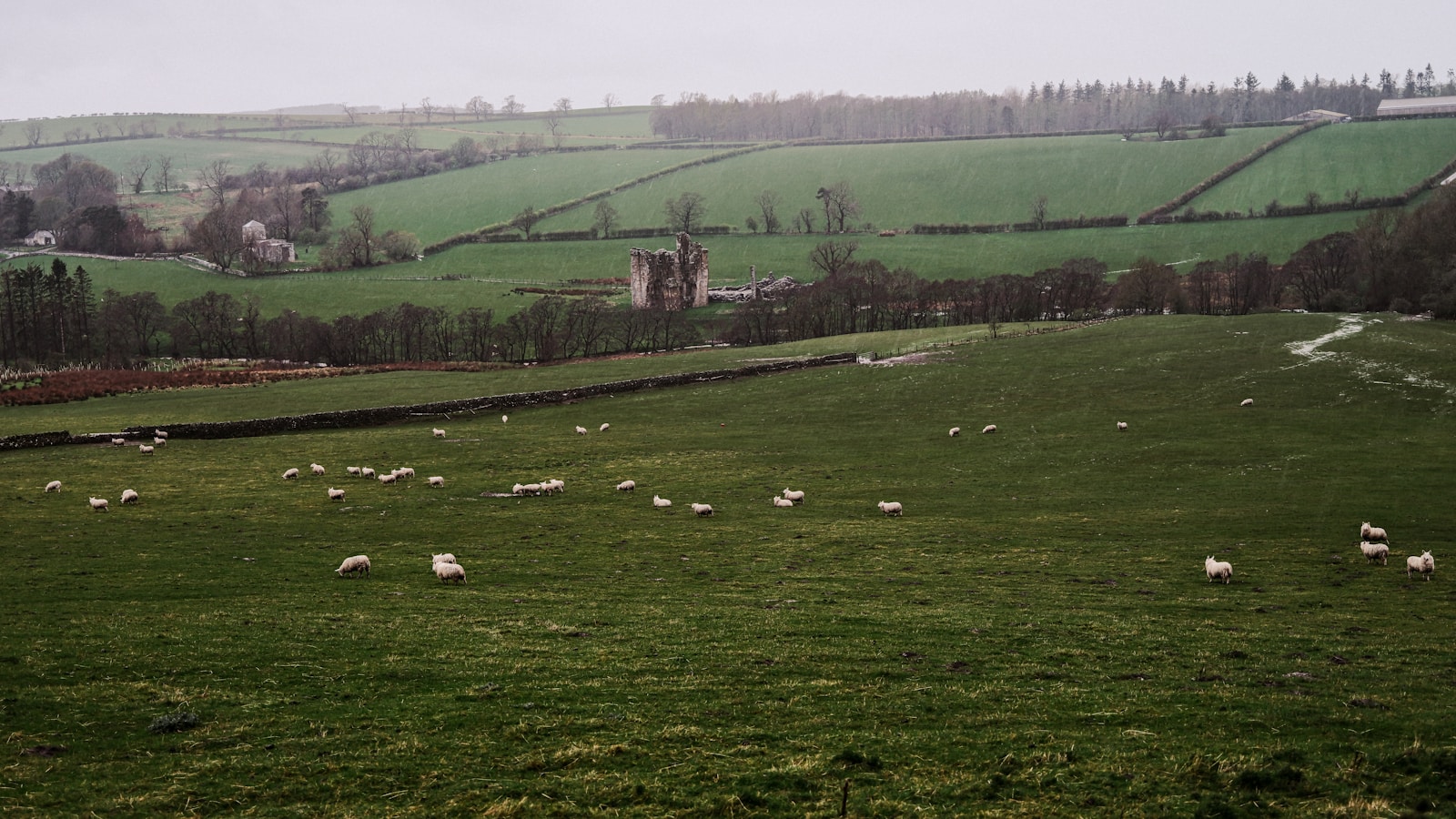
más bien

rather
The Spanish word 'más bien' is an adverb used to indicate preference or to provide a correction to a previous statement, similar to how 'rather' is used in English. It is often used in sentences to clarify or contrast information.
Example sentences using: más bien
No es naranja, más bien es rojo.

It's not orange, rather it's red.
In this example, 'más bien' is used to correct a previous claim.
Yo prefiero el café, más bien el té no es para mí.

I prefer coffee, rather, tea is not for me.
This example shows the usage of 'más bien' to express a preference or a correction towards a previous statement.
Es más bien tarde para salir a caminar.

It's rather late to go out for a walk.
'Más bien' is used here to express that something is relatively or somewhat a certain way, in this case 'late'.
No es un mal libro, más bien es interesante.

It's not a bad book, rather it's interesting.
'Más bien' introduces a counterpoint or contradiction to a previous statement or assumption here.
El clima está más bien frío hoy.

The weather is rather cold today.
'Más bien' in this context is used to tell that the weather is somewhat or relatively a certain way.
No está sonriendo, más bien parece triste.

He's not smiling, rather he seems sad.
'Más bien' is used here to contrast or correct an apparent misconception.
Ella es más bien tranquila que extrovertida.

She is rather calm than extroverted.
'Más bien' is used to express preference and compare two different qualities.
No es un problema, más bien es una oportunidad.

It's not a problem, rather it's an opportunity.
Here, 'más bien' is used to subvert or redirect a given expectation or mindset.
El gato más bien parece un león.

The cat looks rather like a lion.
In this phrase, 'más bien' is used to suggest similarity or analogy.
Es más bien verde que azul.

It is rather green than blue.
Here, 'más bien' indicates a preference or correction in the color description.